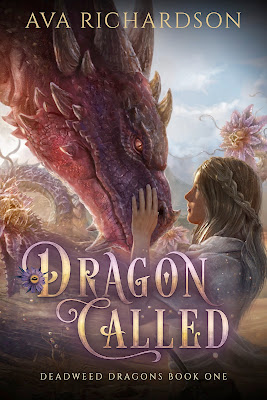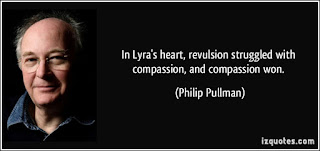 |
An inveterate Magic: the Gathering player, I pay close
attention to the lore and THIS STORY, Not for a Stranger,
is the one for this month. A toast to Huatli and Saheeli. |
"Hail royal June, sun-bright with poppies crowned"
said John Cowper Powys, the English philosopher, lecturer, novelist,
critic and poet. But I echo that hail today for another reason in
addition to joyous Summer. It is LGBTQIA+ Pride Month, and with it let
me continue to offer my undying support for the LGBTQIA+ community and
reiterate the role Fantasy literature plays in supporting them by, to start, inviting people to read my LGBTQIA+ in Fantasy page,
and listen to what happened to me today. As I state on the just
mentioned page, I personally am not LGBTQIA+. However, I have students
who are and one year I told them – quite truthfully, by the way – that I was writing a Fantasy book in which one of the key characters is lesbian.
Their eyes lit and they were on their feet in less time than it takes to
say it. But it is the moment when I told them that the character is a
Queen that I shall forever remember, for the glow on their faces
out-shown the lights on the ceiling by a leap and a bound. They began
questioning me about the character, wanting to know her name, what she
looked like, all about the land she ruled and, most importantly, when
the book was coming out. To this last I gave them a disappointing
answer, for an unfinished rough draft of a 500+ page book is naturally
years away from publication, and they asked me how they were supposed to
wait that long for a book with a gay Queen. They want to see the rough
draft as it stands and one who has some artistic skill began drawing
this Queen based on my description. The moral of the story?
Representation matters, people. Seeing yourself in literature matters in
a huge way. Indeed, when I found these students they were eagerly
pursuing the school library's LGBTQIA+ Pride Month book display.
On that note, let me also
reiterate that I utterly condemn such book banners, and they feel the
full force of my contempt so hard it ought to frost their windows. So if
you are anti-LGBTQIA+ and are reading this, do not even THINK of
commenting on this or any other Stars Uncounted page or post spouting
your intolerant drivel, because I will take one look and delete it. It
will never appear, and I will lose no sleep over it. Rather, I will be
laughing at how you are so insecure that you feel the need to rant on a
Fantasy blog while reflecting on the truth of another Mercedes Lackey
quote: "Make someone a devout, fanatical anything, and his brain turns
to mulch." Then I will stop laughing and forget all about you, because I
categorically deem anti-LGBTQIA+ people as a class of idiot so utterly
unworthy of respect that I will not waste any more minutes thinking
about you. You are a mosquito whose comment was a bite on this blog, and
I will flick your comment away with as little thought or care as I
would an actual mosquito misguided enough to try to get at my blood.
Less care, actually, since, unlike true mosquito bites, deleted comments
do not itch after the fact.
"The young must grow old,
Whilst old ones grow older,
And cowards will shrink,
As the bold grow bolder.
Courage may blossom in quiet hearts,
For who can tell where bravery starts?
Truth is a song, oft lying unsung,
Some mother bird, protecting her young,
Those who lay down their lives for friends,
The echo rolls onward, it seldom ends.
Who never turned and ran, but stayed?
This is a warrior born, not made!
Living in peace, aye many a season,
Calm in life and sound in reason,
'Til evil arrives, a wicked horde,
Driving a warrior to pick up his sword,
The challenger rings then, straight and fair,
Justice is with us, beware. Beware!"
















%20and%20Iorek%20Byrnison.jpg)










